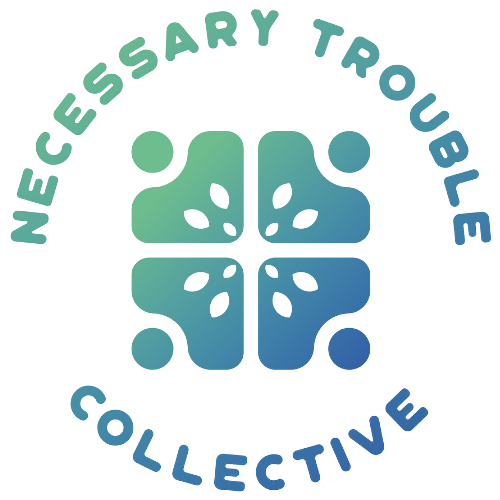DAY 27: Give up centering your experience when involved in a racial conflict
So someone has said to you that something you said or did is racist? It can be jarring, it can take us back to moments when we were in trouble, touching on old pain or even trauma.
The thing I often hear from people is that they don’t like being labeled and they are worried about not being seen for who they are. And often, white-identified people take on this idea that being called a racist is ‘the worst thing you can call someone’.
First of all, this isn’t true. Being called a racist is nowhere near as awful as experiencing racism. Racism is a word and like every word, it has a meaning. If you are unclear about how your behaviour fits with a word like racism, seek understanding so you can attend to the impact.
I know that you may be feeling some embarrassment or shame and that you may have little control over your reaction, but we can develop the ability to move beyond our reactivity and foster ways of responding that build connection. The shame that you are experiencing is a reactive feeling and feelings can be processed into workable, understandable needs that foster connection not division.
TIP: We invite you to give attention, not only to what is happening for you; but also to the person who has been impacted by your behaviour. I’ll put it simply, where there is impact, attend to the impact first.
Resist the urge to act and speak from a place of being defensive. When we are reactionary, we are unlikely to act in alignment with our values. And our emotions and behaviour cloud out our intentions and our words. Start a conversation by stating your intention to attend to the impact and ask if they are in a place to help you understand how your behaviour created harm.

